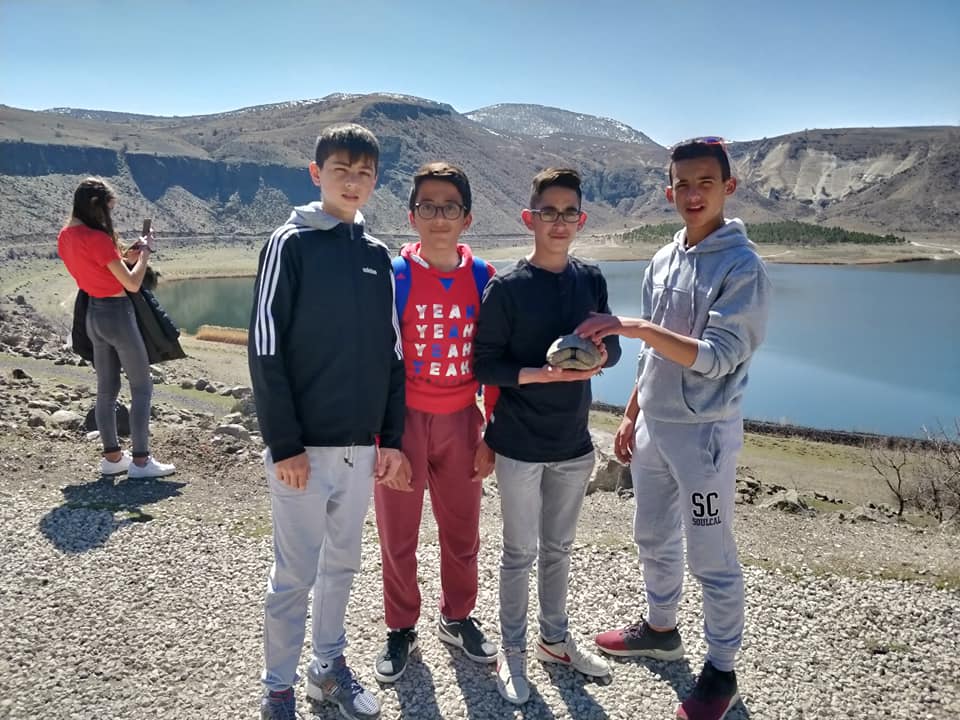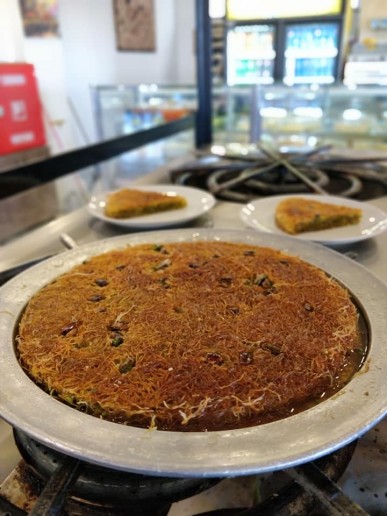
The mobility in Turkey presented us with a myriad of cultural, historical and educational aspects. Our school’s team, especially the students, to some extent experienced a culture shock. Although the context was unfamiliar to us, in the end, it was an enriching experience.
The language was a significant barrier and communication was difficult at first. We were exposed to the local cuisine, which was starkly different than the ones we are used to. Other aspects which stood out were traditional attire and religious rituals followed by the locals. Despite this radical change in culture, soon enough students adjusted and came to terms with the local customs. All the students appreciated the effort made by each hosting family, despite their financial background. Having experienced the ‘unfamiliar’, the students commented that thanks to this mobility, they were able to deal better prejudice and how to overcome it.
One of the highlights of this mobility is the historical heritage of the region. Cappadocia, comprises layers of history which was highly conducive to learning about the spirit of the land. The aspects our week-long induction focused on the anthropological elements, the linguistic makeup and heritage of people living in Cappadocia, and a strong focus on the geological history of the place.
The historical aspect of Cappadocia highlighted the norms and values endorsed by previous civilisations. With the thorough guidance of qualified guides and teachers, our students were able to immerse in the multi-dimensional mobility. It was positive to note that they often asked questions about the place and its history.
As the title of the project entails, the students adopted the mind-set of young historians, keen to learn and discover new places. One of the most rewarding experiences to our students was the opportunity to visit ancient churches which still exhibit frescoes from the Byzantine period. This helped them to be more appreciative of our Christian heritage. Most participants felt astonished by the tenacity of past Christians to safeguard religion, evidenced in the underground cities built to escape the enemy and the artistic frescos and churches visited. The latter helped the students appreciate art and its importance in the manifestation of culture belonging to the past societies.
Apart from strengthening our students’ awareness of the cultural, geographical, historical and linguistic elements of Cappadocia, this mobility helped our students to develop on a personal level. Meeting and living with new people and their culture was not easy, a fact highlighted by our students’ familiarity with spacious houses which include an array of amenities.
This mobility exposed our students to family context with relatively reduced commodities and this helped our students to be more appreciative of life in Gozo.
Empathy was evident in our students. They acknowledged the genuine and accommodating nature of the hosting families and showed acute sensitivity to both strengths and otherwise of the numerous students at school hovering around the poverty line. The exposure to such diverse contexts was mostly cocked up during the evenings, when our students spent time with their host families. Some evenings were more interesting than others, as our students can vouch, as the working parents could not always afford, timewise, to organise outings during the evenings.
One thing we as teachers noticed was the constant attempts to converse even with non-English speaking members of the families. Naturally, this presented challenges at first but soon enough interaction was fluent and constant, sometimes even cheeky. It is incredible how humour transcends language barriers. Our students and their hosting counterparts assumed responsibility to maintain contact – in fact they are still in contact with these students through social media platforms.
We believe that the main highlight, perhaps less identifiable than other more tangible evidence, is our group’s ability to accept diversity, in such a short period of time. All the contingents present from the six different countries acted as a community, often making the most out of what the programme had to offer us during this week.
This gives us, as educators, immense satisfaction and we feel obliged to include students in these type of projects. Holistic education cannot be confined to the classroom environment or to token cultural trips. Exploring the world can teach us a lot about ourselves and the people around us. This is why we highly encourage the participation of other teachers and students to join us in this adventure.







